Guinea-Bissau: Senegal 'will always stand by country' on security - president Faye
Guinea-Bissau: President dismisses government led by PM Aristides Gomes
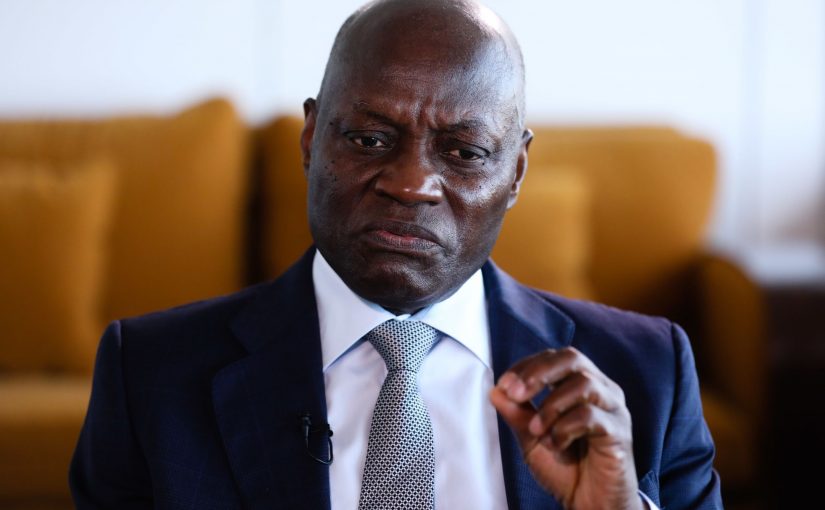
Guinea Bissau Presient Jose Mario Vaz. [File photo: Lusa]
uinea-Bissau’s president, José Mário Vaz, on Monday night dismissed the government led by Aristides Gomes, according to a presidential order sent to the media following a meeting of the Council of State that the prime minister did not attend.
“The Government headed by Mr. Aristides Gomes is dismissed,” the order reads.
A few minutes earlier, a spokesman for the Council of State had said that its members had in the meeting told the president to use his constitutional prerogatives to resolve the political situation in the country and maintain the date of the presidential elections.
“The councillors resolved to tell the President that he must use the constitutional powers he has and said that the elections cannot be postponed,” said the spokesman, Vítor Mandinga. He added that it must be ensured that the National Elections Commission does its job, as provided by the law.
In the opinion they gave to the President, the councillors highlighted the repression by the authorities on Saturday of an attempted demonstration that was not authorised by the Ministry of the Interior, with the death of one person.
According to Mandinga, the councillors also pointed out to the president that Guinea-Bissau continued to be plagued by “drug trafficking” and “money laundering” and that the prime minister had avoided responding on these issues in parliament.
“This country cannot continue to depend on people with panaceas, illusions, sellers of snake oil on an unachievable promise to retain and kidnap Bissau-Guineans only with the intention of dominating this country,” Mandinga said.
He also stressed what he considers to be a “total disregard for rules of institutions and courtesy”, claiming that the prime minister has banned several ministers from collaborating with the president, namely those responsible for foreign affairs, defence and the interior.
Asked by reporters whether the president might dismiss the government, Mandinga said that that was up to the head of state to decide.
The president had called the extraordinary meeting of the Council of State, starting at 8.30 p.m., without the presence of the prime minister, who had rejected the legality of the body as it currently exists.
The meeting was attended by seven of its members and the president himself.
The Council of State has 15 members, including the president. Under the country’s Constitution, it is also made up of the speaker of parliament, the prime minister and the president of the Supreme Court of Justice, all ex officio, plus a representative from each of the political parties with seats in parliament and five citizens appointed by the head of State.
Those present at Monday night’s Council of State were Mandinga, Vítor Mandinga, Satu Camará, Abubacar Balde, Negado Fernando, Manuel Saturnino da Costa, Certório Biote and Nuno Nabiam.
Guinea-Bissau has presidential elections scheduled for 24 November, with the campaign to run from this coming Saturday and 22 November. Twelve candidates have been approved by the Supreme Court to take part.
The president’s term ended in June, but he has remained in office with the sanction of the heads of state and government of the Economic Community of West African States (ECOWAS), which has mediated in the long-running political crisis in the country.
Meeting at a summit on 29 June, ECOWAS heads of state and government decided that Vaz should remain in office until the election of a new head of state, but that he should leave the management of government issues for the prime minister, Aristides Gomes, and for the new government.


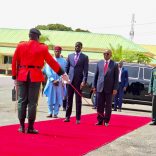
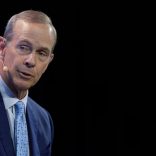

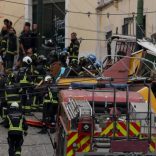

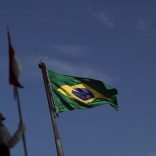





Leave a Reply
Be the First to Comment!
You must be logged in to post a comment.
You must be logged in to post a comment.